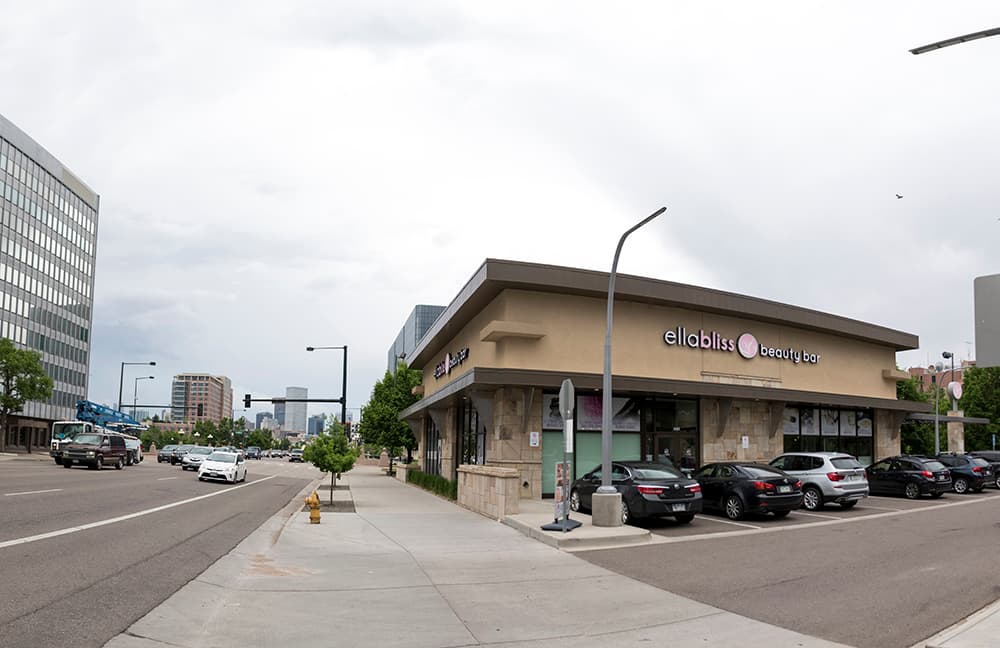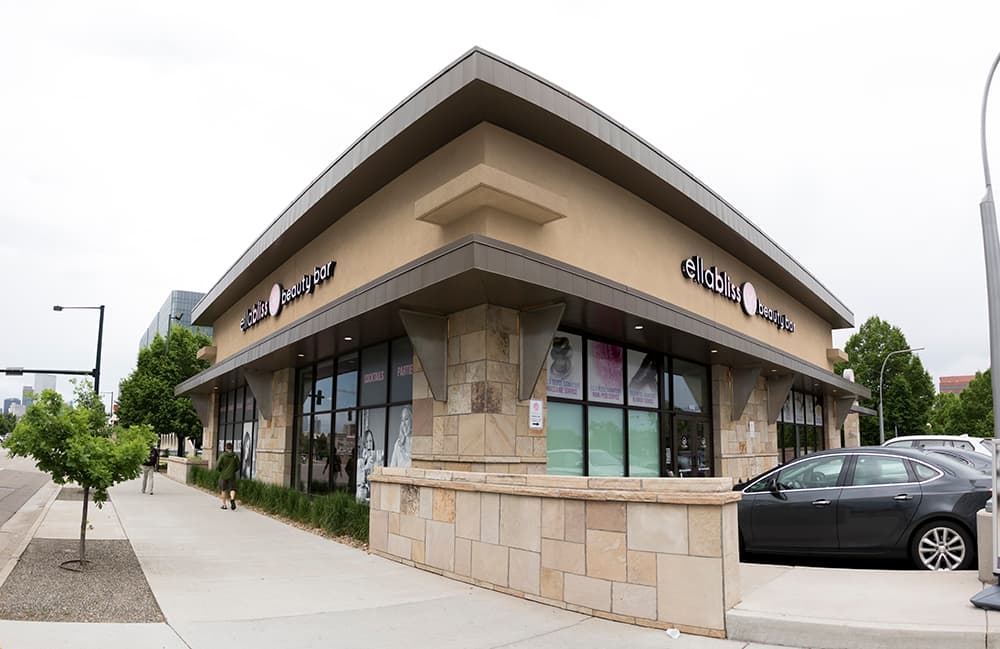
When Lisa Miles was hired as a nail technician at Ella Bliss Beauty Bar in March 2016, she was told she would earn $3.90 in commission for a $78 combination manicure and pedicure service.
But that, according to a lawsuit filed by Miles in federal court on Thursday, never happened. She ended up getting just 85 cents in commission from those services, and receiving no additional payment for additional duties.
Miles is the lead plaintiff in a lawsuit filed in U.S. District Court in Denver this week. The complaint alleges Ella Bliss Beauty Bar violated the federal Fair Labor Standards Act and the Colorado Wage Claim Act. They're part of a larger practice that Miles' attorney, Mari Newman, said is "extraordinarily common" in industries like beauty salons.
“It’s fairly common in industries that employ populations they think they can take advantage of, like women or immigrants," Newman said.
Miles's lawsuit is backed by Towards Justice, a workforce advocate organization, which issued the release about the lawsuit on Thursday.
These kinds of lawsuits are not very common in Colorado, University of Denver Sturm College of Law professor of the practice of law Nantiya Ruan said. Ruan is an attorney for a New York-based firm specializing in workplace law and has written extensively about wage theft.
"It's interesting because it's new in this part of the country," Ruan said. "These lawsuits have been more common in the New York area. That's become more prevalent in the East Coast."
Ruan mentioned the New York Times article published in 2015 titled “The Price of Nice Nails” as having some impact on these cases. The exposé revealed shady practices behind numerous nail salons in New York City who paid workers, who were often Asian immigrants who spoke little English, substandard wages.
"I think it's important for plaintiffs to bring this forward when it's happening," Ruan said, especially since these kind of practices can target "vulnerable workers."
Newman said she’s encouraging other people who have experienced similar treatment from Ella Bliss Beauty Bar to come forward and join in the class-action suit. She’s also encouraging people from the industry who’ve experienced similar circumstances in Denver.
“That’s why it’s important for people to bring this sort of claim,” Newman said, calling Miles courageous for coming forward. “Employers don’t get to pick and choose what they pay their employees. Workers are entitled to get paid for their work.”
The complaint claims the beauty salon systematically stole employee’s wages by creating policies that were illegal and denied workers their wages.
Ella Bliss Beauty Bar has three locations in Colorado, including Denver, Greenwood Village and Highlands Ranch. Miles primarily worked at Ella Bliss Beauty Bar’s Denver location and also at the Greenwood Village location, according to the complaint.
Ella Bliss co-owner Kelly Huelsing said they weren't aware of the lawsuit until they heard about it via the media on Thursday. Huelsing said her business was founded to empower women and the allegations alleged by Miles were never brought up to their attention. She said these allegations "are absolutely not true."
After a phone interview Friday, Huelsing issued an additional statement, saying Ella Bliss Beauty Bar is a small, female-owned business founded to create jobs for women. Huelsing is one of the defendants named in the complaint.
"We attribute our success to the hard work, dedication and professionalism of our 100 employees who set the standard in terms of expertise and customer service at our three locations," Huelsing said in her statement. "Our employees are an extension of our family, and we treat them fairly and with respect. We’re disappointed that this complaint potentially threatens the livelihood of our business and the jobs of these employees."
Huelsing also disputed that the lawsuit is a class-action suit, saying a class-action suit needs to be certified by a judge. (Ruan said that in this case, because it's being brought under a federal statute, it doesn't require judicial approval.)
These lawsuits are often lengthy, taking about two to three years before they're settled, Ruan said.
“Unscrupulous business owners are incentivized to not pay their workers lawfully and instead wait to get sued," Ruan said. Translation: She's saying that it can be cheaper on employers to get sued than to pay wages owed.
"The laws are just not strong enough for them to make it punitive enough for business owners to take these laws seriously," Ruan said.
Under federal law, employees who sue can only recover two years' worth of wages. Ruan said that can be pushed to three years if plaintiffs can prove "willfulness" from a business owner (this means a business owner who knew they weren't following the law but continued working in this manner).
State and federal governments have a duty to enforce labor laws, but that can be difficult and often leaves these laws under-enforced.
"We don't have enough investigators, Department of Labor government investigators, looking into these businesses to make sure they're paying correctly," Ruan said.
Some states have added criminal penalties in their state laws, but no such penalties exists in federal cases. Defendants are usually ordered to pay restitution if found liable.
Miles's lawsuit against Ella Bliss Beauty Bar alleges they “nickel and dime employees”through their practices.
Alleged practices include forcing service technicians to perform janitorial duties without pay, refusing to pay overtime, withholding tips and shorting commission.
In the complaint, Miles alleges Ella Bliss would pay a 5 percent commission based on their hourly rate, not for each service provided, which the complaint said was a violation of the contract employees signed with the beauty salon. This meant technicians would get $0.85 in commission based on their $17 per hour rate instead of the $3.90 outlined by the contract and based on the service provided.
Miles said in a statement that she’s filing the lawsuit against Ella Bliss Beauty Bar to bring an end to their “blatant, illegal employment practices.”
She entered into a contract with Ella Bliss Beauty Bar that initially paid her $17 an hour. Her pay was increased to $18 an hour in fall 2016, when she also became a lead nail technician. The new title meant she was responsible for training other service technicians.
Miles held the lead position until July 2017, when she stepped down, according to the complaint. Miles said she would regularly complain about pay practices, inappropriate comments made by employees and the company’s retention of incompetent workers.
Miles was fired by Ella Bliss Beauty Bar in September 2017. She said she wasn’t given a reason after she asked why she was terminated.
Correction: A previous story incorrectly stated Ruan said employees could recover three years of wages if plaintiffs can prove "woefulness"; the correct terms is "willfulness".














